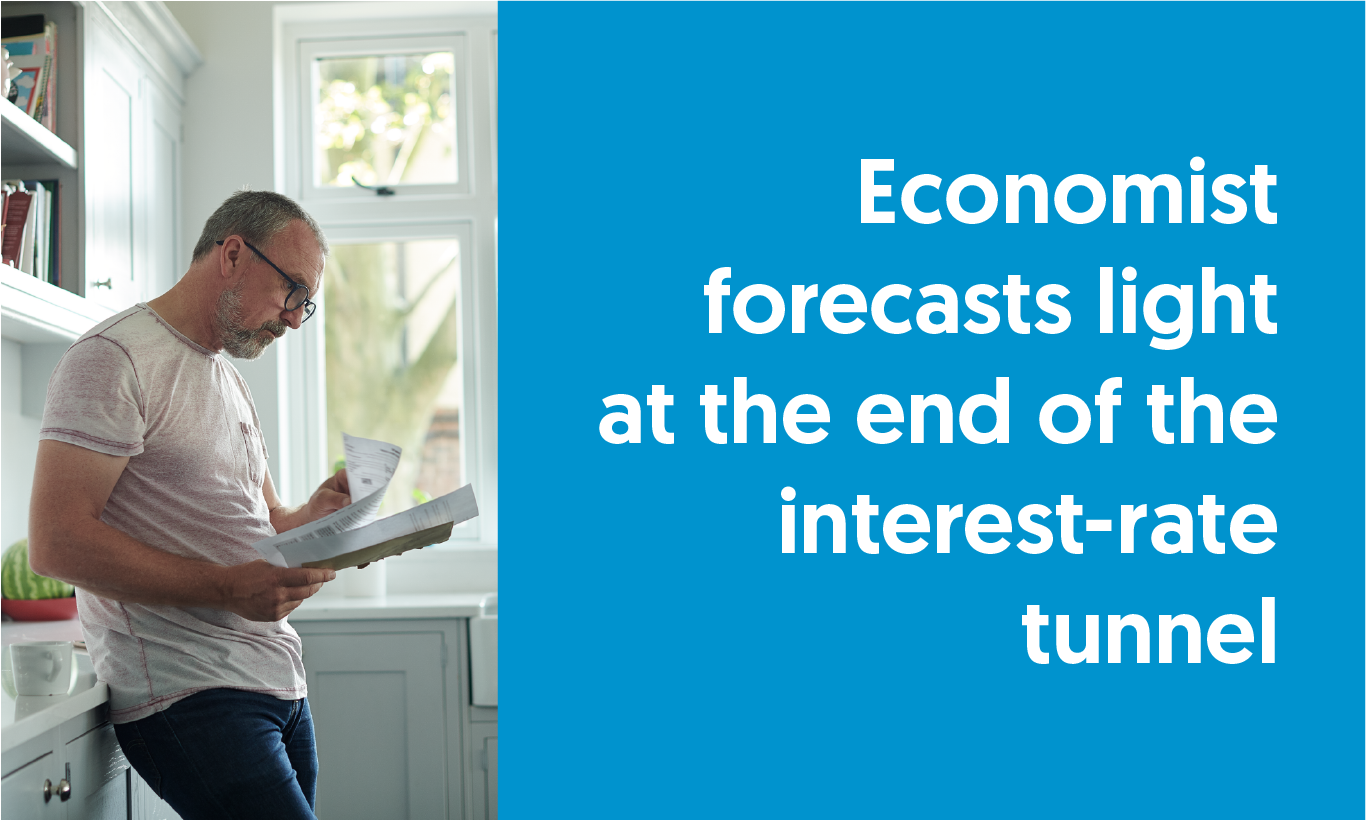
One of Australia’s leading property and finance economists believes we will see “a slow down in interest rate rises” at the end of the year.
Ray White Chief Economist Nerida Conisbee has forecast that inflation will peak at the end of 2022 – and that, as a result, the Reserve Bank of Australia (RBA) will no longer feel such a strong need to increase the cash rate.
Since May, the RBA has increased the cash rate from 0.10% to 1.85%, prompting lenders to make similar-sized increases to their variable mortgage rates. The reason the RBA has been tightening monetary policy has been to “get inflation under control” – so once inflation stabilises, interest rates might as well.
Ms Conisbee said it was hard to be certain when inflation would stabilise, with two major global organisations recently producing very different forecasts for 2023.
“In their most recent ‘Global Economics Prospects’ report, the World Bank lowered their forecasts for growth and warned that the world was in for several years of below-average growth and above-average inflation. In contrast, the OECD was more positive and forecast that inflation should start to ease by the end of the year,” she said.
“As to when interest rate rises will end, I personally prefer the OECD’s outlook with inflation peaking at the end of the year and a slow down in interest rate rises at the same time. For now however, we are looking at continued increases in interest rates until the end of the year.”
What’s causing this inflation?
The inflation rate is currently 6.1%, according to the most recent data from the Australian Bureau of Statistics, and is forecast to peak at 7.75% by the end of the year, according to the Federal Treasury.
The two main drivers of inflation right now are fuel costs and construction costs, according to Ms Conisbee. “Both of which can be pushed down by slowing down the economy but are unlikely to come down quickly just using this means,” she said.
How to get ahead of future rate rises
As Ms Conisbee noted, the Reserve Bank is likely to make further increases to the cash rate.
That would mean higher mortgage rates, so it’s important to start budgeting now.
You might also want to explore the possibility of refinancing, because if you were able to switch to a more suitable loan with a lower interest rate, you could save a lot of money.
Reach out if you’d like to discuss your refinancing options.
